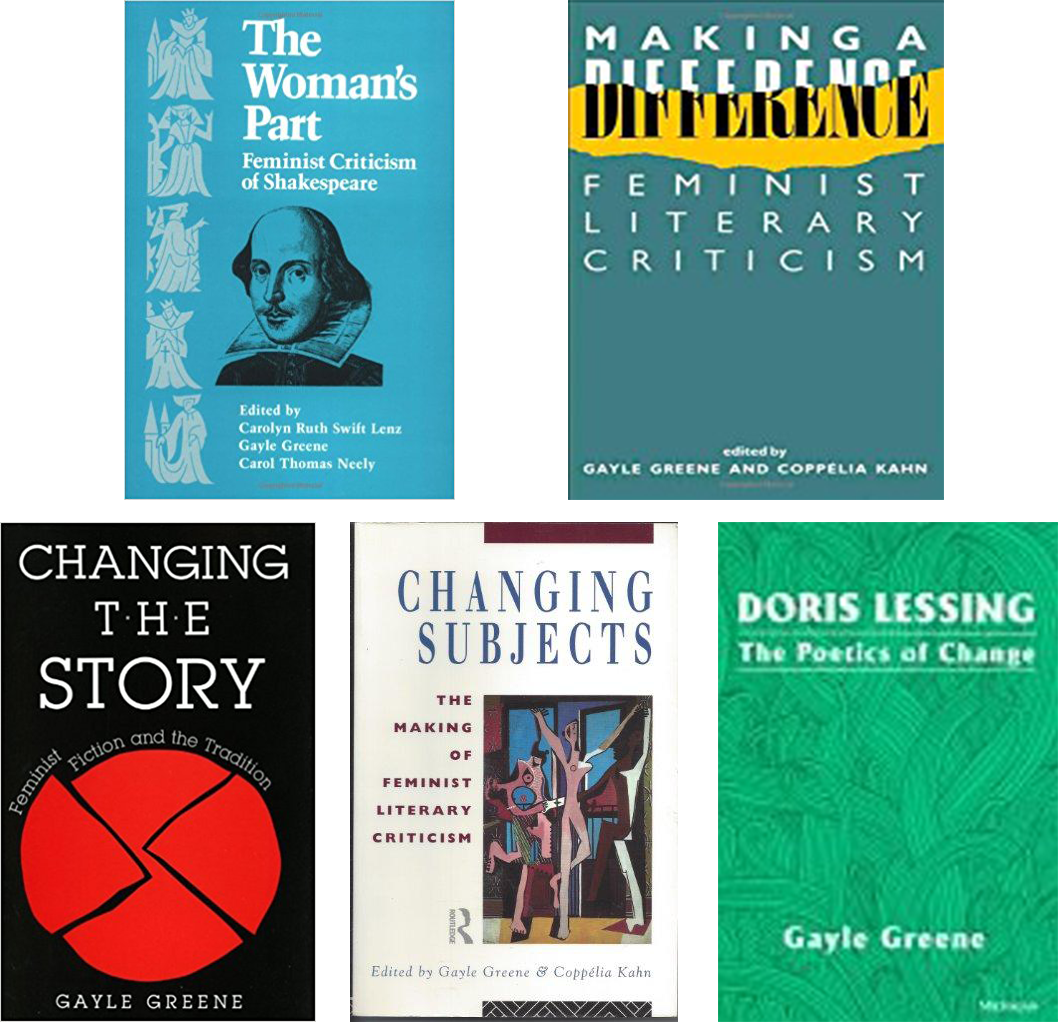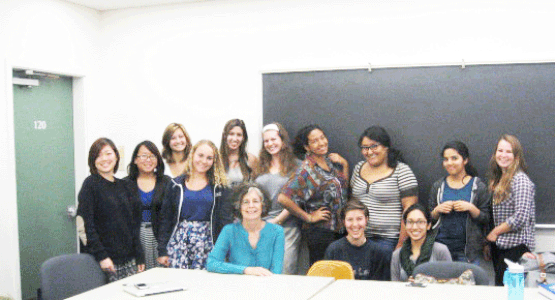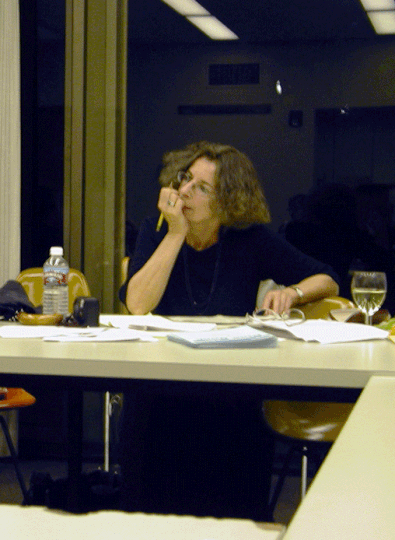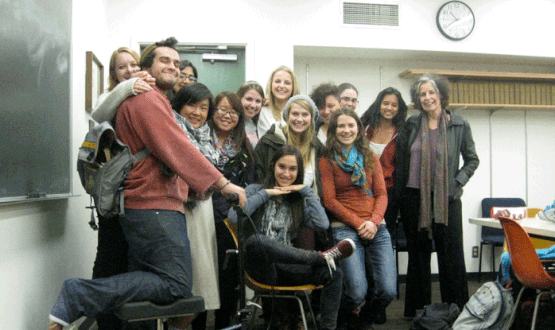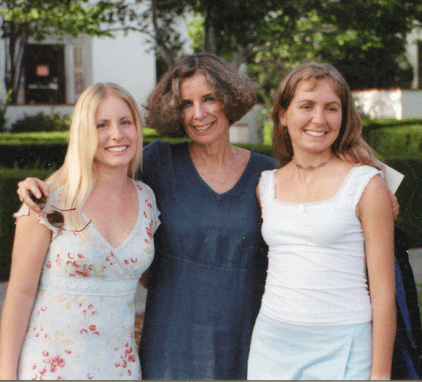|
My graduate work at Columbia was in Shakespeare, a subject I taught happily for forty years. When I started teaching at Scripps, a women’s college, and began working up courses on women, I became seriously interested in women's issues. My first book, The Woman’s Part: Feminist Criticism of Shakespeare (University of Illinois Press, 1980), an anthology I co-edited with two other women, looked at Shakespeare from a feminist perspective. We were among the first to take this approach to a canonical author.
I then found myself writing on women novelists and feminist theory, and this issued into Making a Difference, an anthology I co-edited with Coppelia Kahn (Methuen, 1985, reissued Routledge, 2002) and Changing Subjects: The Making of Feminist Criticism, co-ed Kahn (Routledge, 1993, reissued 2012), a collection of essays by second wave feminists describing how they became feminist scholars. It was exciting to be a part of early feminist scholarship; we felt giddy with the possibility of change. Little did we know. In Changing the Story: Feminist Fiction and the Tradition (Indiana University Press, 1991), I looked at how writers like Doris Lessing, Margaret Atwood, Margaret Drabble reworked traditional conventions to allow new possibilities for women; no longer did novels need to end with marriage or death. Feminist fiction, I discovered, actually helped make second-wave feminism, playing a major role in consciousness raising. My next book was a single-author study of Doris Lessing, The Poetics of Change (University of Michigan Press, 1994). After which I wrote no more literary criticism, turning instead to other subjects. Of the dozens of articles I published in scholarly journals such as Signs, Contemporary Literature, Renaissance Drama, Studies in English Literature, many have been reprinted in anthologies and collections (as in Blackwell’s Shakespeare: An Anthology of Criticism and Theory, 1945-2000, ed. Ross McDonald, 2004). Here's a lecture where I talk about these changes. A KPFA interview about Doris Lessing's vexed relation to feminism. Someone dug this old article about Norma Jean the Termite Queen out of the archives; it turns out to be painfully relevant today. Faculty profile In Changing Subjects, I wrote a piece, “Leaving Shakespeare,” about why I'd stopped writing about Shakespeare. But with my latest book, Immeasurable Outcomes: Teaching Shakespeare in the Age of the Algorithm, I'm back to Shakespeare, who turns out to provide the best possible defense of the liberal arts, the humanities, and humanism. Right back where I started from. You really never know. And that, my friends, is the story so far… |
